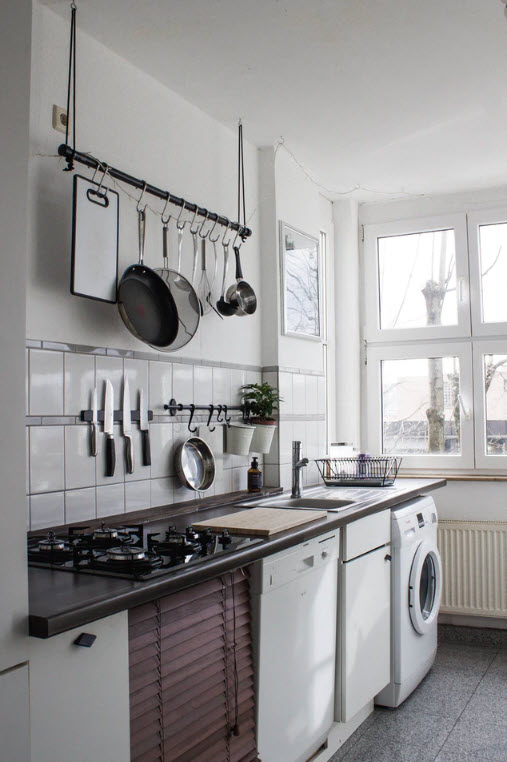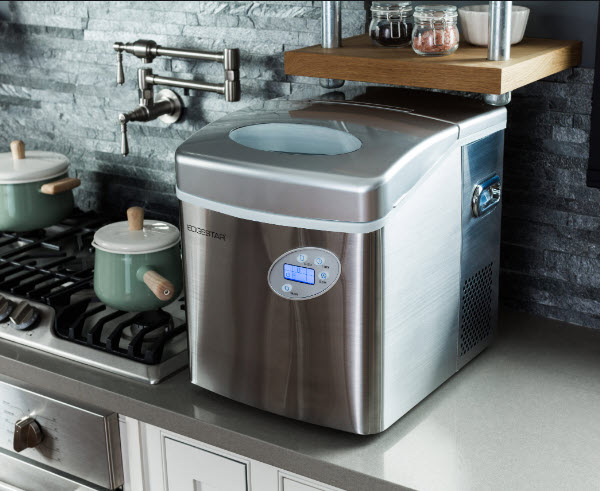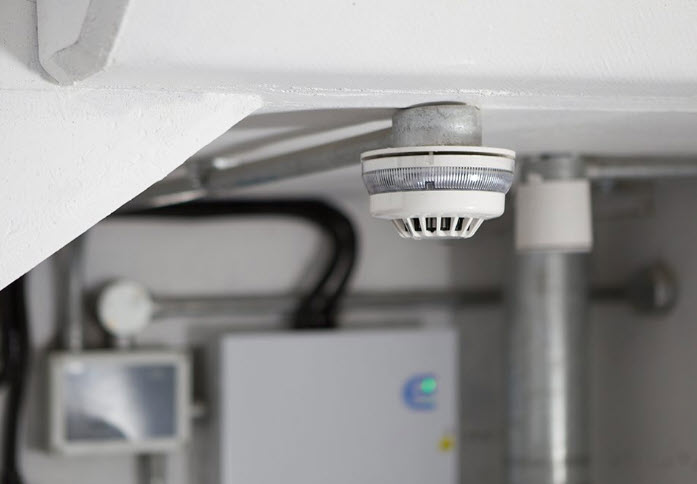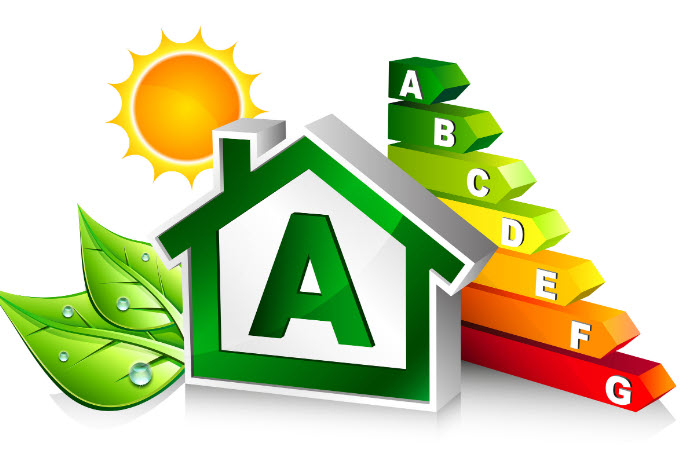Jireh Property Services
“I have used Allan on many occasions and have absolutely no doubt in using him again and again. I found Allan very proficient and trustworthy. He carried out the “work” in a motivated and helpful way.”
– Stonehouse Lettings
Call Us Today!
07803 366 845
Services
Services/LRA – Legionella Risk Assessment & Appliance Testing
Legionella Aberdeen provides legal compliance services to Landlords & Letting Agents in Aberdeen and Aberdeenshire covering Legionella Risk Assessment, Portable Appliance Testing and Energy Performance Certificates.
We also provide Legionella Risk Assessment and Portable Appliance Testing to Commercial property landlords and owners.
Legionella Aberdeen provides legal compliance services to Landlords & Letting Agents in Aberdeen and Aberdeenshire covering Legionella Risk Assessment, Portable Appliance Testing and Energy Performance Certificates.
Where these services are carried out concurrently or survey visit on several near identical properties in the same day, a discount is offered. Should landlords and agents require a Landlord Gas Safety Record, boiler servicing, Electrical Installation Condition Report or installation of mains wired smoke and heat alarms this may also be arranged, thus providing a one-stop solution to landlord compliance. If your properties are further south, recommend contact Legionella Edinburgh http://www.legionellaedinburgh.com
Read Less
Health & Safety law requires that rented properties and commercial premises where water is used are assessed for the risk of Legionnaires’ disease to tenants, workers and visitors. This includes domestic rented properties within the private rented sector, guest houses, caravan parks, commercial units, offices, health practices, visitor centres to name but a few.
In addition, the provision of an LRA is now stated as a specific requirement within the Private Rented Tenancy lease and for Landlord Registration within Scotland. The assessment must be carried out by a competent person, deemed as having relevant knowledge, training and experience.
The survey involves a visual inspection of the system, temperature measurement of the cold and hot water services, inspection of shower heads, identification of dead legs and little used outlets, (all of which may sources of bacteria growth) and photos of key features.
These are presented in a detailed written report containing an overview, system description, photos, system sketch. observations, risk ranking and any corrective actions. A written scheme of control is also produced to ensure future compliance.
We specialise in domestic residential properties and commercial properties having domestic type systems. Water sampling and testing is not a requirement for domestic type systems (as covered in BS 8580-1:2019 and confirmed by HSE in their Guide to Landlords).
It is not unusual for the installation to be non-compliant (including modern builds), however a judgement call is made on which aspects are such a low risk no action is required. This negates carrying out remedial work which would otherwise be identified from the simple assessment proforma in use by landlords and other assessors.
Experience has found that many hot water systems are at scalding temperatures, and whilst not a legionella risk can present serious health risk to occupants. Where possible this risk is mitigated whilst retaining protection against legionella bacteria.
There is no prescription under law that the risk assessment be reviewed on an annual or biennial basis. However the assessment should be reviewed periodically in case anything has changed. As a guide, the assessment survey will typically take between 30 and 60 minutes, depending on the type of system (combination boiler, un-vented cylinder, vented cylinder and cold water tank); number of water outlets (kitchen, utility, cloakroom, bathrooms); location of storage cylinder / tank (cupboard,
Rev date: 20 Jun 2021 Page 2 of 3 JPS – Services Text attic); presence of dead legs and little used outlets, with a similar period for the detail report to be written and checked. Our fee structure reflects the complexity of the work and the number of bedrooms
is not a relevant factor.
Depending on the water system and findings from the survey, the report is valid for up to 10 years with periodic desk-top reviews. This should be compared with other assessors who recommend assessment every one or two years or change of tenancy.
The hot water system should be at operating temperature prior to survey visit, with clear access to boiler, cylinder, tank and under sinks to (including access into the attic where appropriate). For more details refer to our FAQ page Here.
Read Less
Portable Appliance Testing (PAT) in domestic rental properties is generally considered as the combined visual inspection and electrical test of all items fitted with a three-pin plug.
The visual inspection checks the condition of the appliance, lead, plug (both outside & inside), wiring connections and fuse rating.
The electrical test measures earth continuity and insulation resistance against specified pass values. Using a Seaward professional tester which measures and displays actual test values allows further investigation (e.g. earth leakage) in the event of a Fail from the simple Pass/Fail type tester in use by some other competent persons, as well as allowing tests on surge protected equipment A Pass or Fail label is affixed to the appliance noting test date and a register prepared which lists the appliance, risk level, type of appliance, class, recommended inspection & test frequency and test results.
Depending on the environment and appliance the IET risk based guidelines allows up to a 5- year test frequency and new items do not require to be tested. Testing may only be carried out by a competent person who must have satisfactorily completed approved training and be using test equipment with current annual calibration.
As a guide the inspection and test for up to 12 items typically takes 60 minutes and we offer a flat rate fee covering up to around 12 items (which covers most furnished rental properties). Where the property is occupied a list of the landlord items should be provided, as there is no requirement for tenant’s items to be tested. For more details refer to our FAQ page.
Read Less
The Energy Performance Certificate (EPC) provides information on the energy efficiency, projected carbon emissions and estimated fuel costs of the property (based on a standardised approach). It also lists recommendations for increasing the energy efficiency and reducing the carbon emissions.
The energy performance of the building is given a rating on a scale of A-G, with A being the most efficient and G the least efficient. An EPC is required prior to advertising for lease or sale and as a precursor to planning to apply for Government energy incentives including feed-in tariffs and energy grants.
The EPC may only be carried out by a Domestic Energy Assessor (DEA) who as a certified individual is competent to undertake energy calculations on existing dwellings using the Reduced data Standard Assessment Procedure (RdSAP) software.
Rev date: 20 Jun 2021 Page 3 of 3 JPS – Services Text The survey involves room measurement and inspection of the features of the property, central and water heating, glazing, lighting, insulation, meters. Where the property has a pitched roof, access will be required into the attic space. For audit purposes, various photos are taken, although none will be published.
The EPC and accompanying recommendations report will then be registered with the Scottish EPC Register and given a unique reference number An EPC is valid for 10 years. or until the property has had a structural or energy efficient modification e.g. additional insulation, change of boiler, extension, replacement windows or doors etc. As a guide the survey time for a 2 bedroom property is around 45 minutes and 60 minutes for a 3- bedroom house. Properties with extensions, room in attic and other unique layouts will add to this time.
Our fees are thus based on the number of bedrooms and assume a conventional layout.
For more details refer to our FAQ page.
Read Less
Landlord Gas Safety is an annual inspection by a Gas Safe Registered technician on gas appliances, fittings and flues to ensure safe operation.
Fee varies depending on the number of gas appliances in the property (boiler, gas fire, gas hob, gas
oven) and if servicing is also undertaken. For more details refer to our FAQ page.
Read Less
An Electrical Installation Condition Report (EICR) provides an assessment of the in-service condition of an electrical installation against the requirements of the BS 7671 “Requirements for Electrical Installations (IEE Wiring Regulations)”.
In Scotland as from 1st December 2015, private landlords are responsible for ensuring that an electrical safety inspection of their property is carried out by an accredited, competent person such as a registered electrician at least every five years.
For the EICR, the registered electrician will carry out installation checks on the supply of electricity, electrical fittings (including but not limited to switches, sockets and light fittings) and fixed electrical equipment (including but not limited to boilers, panel and storage heaters and hard-wired smoke and fire detectors). Fee varies on size of the property. For more details refer to our FAQ page.
An Electrical Installation Condition Report (EICR) provides an assessment of the in-service condition of an electrical installation against the requirements of the BS 7671 “Requirements for Electrical Installations (IEE Wiring Regulations)”.
For more details refer to our FAQ page.
Read Less


LRA – Legionella Risk Assessment
Health & Safety law requires that rented properties and commercial premises where water is used are assessed for the risk of Legionnaires’ disease to tenants, workers and visitors. This includes domestic rented properties within the private rented sector, guest houses, caravan parks, commercial units, offices, health practices, visitor centres to name but a few.
In addition, the provision of an LRA is now stated as a specific requirement within the Private Rented Tenancy lease and for Landlord Registration within Scotland. The assessment must be carried out by a competent person, deemed as having relevant knowledge, training and experience.
The survey involves a visual inspection of the system, temperature measurement of the cold and hot water services, inspection of shower heads, identification of dead legs and little used outlets, (all of which may sources of bacteria growth) and photos of key features. These are presented in a detailed written report containing an overview, system description, photos, system sketch. observations, risk ranking and any corrective actions. A written scheme of control is also produced to ensure future compliance.
We specialise in domestic residential properties and commercial properties having domestic type systems.
Water sampling and testing is not a requirement for domestic type systems (as covered in BS 8580-1:2019 and confirmed by HSE in their Guide to Landlords).
It is not unusual for the installation to be non-compliant (including modern builds), however a judgement call is made on which aspects are such a low risk no action is required. This negates carrying out remedial work which would otherwise be identified from the simple assessment proforma in use by landlords and other assessors.
Experience has found that many hot water systems are at scalding temperatures, and whilst not a legionella risk can present serious health risk to occupants. Where possible this risk is mitigated whilst retaining protection against legionella bacteria.
There is no prescription under law that the risk assessment be reviewed on an annual or biennial basis. However the assessment should be reviewed periodically in case anything has changed.
As a guide, the assessment survey will typically take between 30 and 60 minutes, depending on the type of system (combination boiler, un-vented cylinder, vented cylinder and cold water tank); number of water outlets (kitchen, utility, cloakroom, bathrooms); location of storage cylinder / tank (cupboard, attic); presence of dead legs and little used outlets, with a similar period for the detail report to be written and checked. Our fee structure reflects the complexity of the work and the number of bedrooms is not a relevant factor.
Depending on the water system and findings from the survey, the report is valid for up to 10 years with periodic desk-top reviews. This should be compared with other assessors who recommend assessment every one or two years or change of tenancy.
The hot water system should be at operating temperature prior to survey visit, with clear access to boiler, cylinder, tank and under sinks to (including access into the attic where appropriate).
For more details refer to our Legislation and FAQ page.

PAT – Portable Appliance Testing
The visual inspection checks the condition of the appliance, lead, plug (both outside & inside), wiring connections and fuse rating. The electrical test measures earth continuity and insulation resistance against specified pass values.
Using a Seaward professional tester which measures and displays actual test values allows further investigation (e.g. earth leakage) in the event of a Fail from the simple Pass/Fail type tester in use by some other competent persons, as well as allowing tests on surge protected equipment
A Pass or Fail label is affixed to the appliance noting test date and a register prepared which lists the appliance, risk level, type of appliance, class, recommended inspection & test frequency and test results.
Depending on the environment and appliance the IET risk based guidelines allows up to a 5-year test frequency and new items do not require to be tested.
Testing may only be carried out by a competent person who must have satisfactorily completed approved training and be using test equipment with current annual calibration. As a guide the inspection and test for up to 12 items typically takes 60 minutes and we offer a flat rate fee covering up to around 12 items (which covers most furnished rental properties).
Where the property is occupied a list of the landlord items should be provided, as there is no requirement for tenant’s items to be tested.

Gas, Electrical & Alarms Safety
An Electrical Installation Condition Report (EICR) provides an assessment of the in-service condition of an electrical installation against the requirements of the BS 7671 “Requirements for Electrical Installations (IEE Wiring Regulations)”.
In Scotland as from 1st December 2015, private landlords are responsible for ensuring that an electrical safety inspection of their property is carried out by an accredited, competent person such as a registered electrician at least every five years.
For the EICR, the registered electrician will carry out installation checks on the supply of electricity, electrical fittings (including but not limited to switches, sockets and light fittings) and fixed electrical equipment (including but not limited to boilers, panel and storage heaters and hard-wired smoke and fire detectors).

EPC Energy Performance Certificate
The Energy Performance Certificate (EPC) provides information on the energy efficiency, projected carbon emissions and estimated fuel costs of the property (based on a standardised approach).
It also lists recommendations for increasing the energy efficiency and reducing the carbon emissions. The energy performance of the building is given a rating on a scale of A-G, with A being the most efficient and G the least efficient.
An EPC (“EPC – Energy Performance Certificate) is required prior to advertising for lease or sale and as a precursor to planning to apply for Government energy incentives including feed-in tariffs and energy grants.
The EPC may only be carried out by a Domestic Energy Assessor (DEA) who as a certified individual is competent to undertake energy calculations on existing dwellings using the Reduced data Standard Assessment Procedure (RdSAP) software.
The survey involves room measurement and inspection of the features of the property, central and water heating, glazing, lighting, insulation, meters. Where the property has a pitched roof, access will be required into the attic space. For audit purposes, various photos are taken, although none will be published.
The EPC and accompanying recommendations report will then be registered with the Scottish EPC Register and given a unique reference number.
An EPC is valid for 10 years. or until the property has had a structural or energy efficient modification e.g. additional insulation, change of boiler, extension, replacement windows or doors etc.
As a guide the survey time for a 2-bedroom property is around 45 minutes and 60 minutes for a 3-bedroom house. Properties with extensions, room in attic and other unique layouts will add to this time. Our fees are thus based on the number of bedrooms and assume a conventional layout.
Let's Connect Today!
Legionella Aberdeen provides legal compliance services to Landlords & Letting Agents in Aberdeen and Aberdeenshire covering Legionella Risk Assessment, Portable Appliance Testing and Energy Performance Certificates

